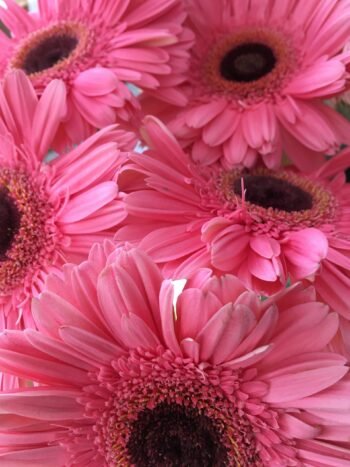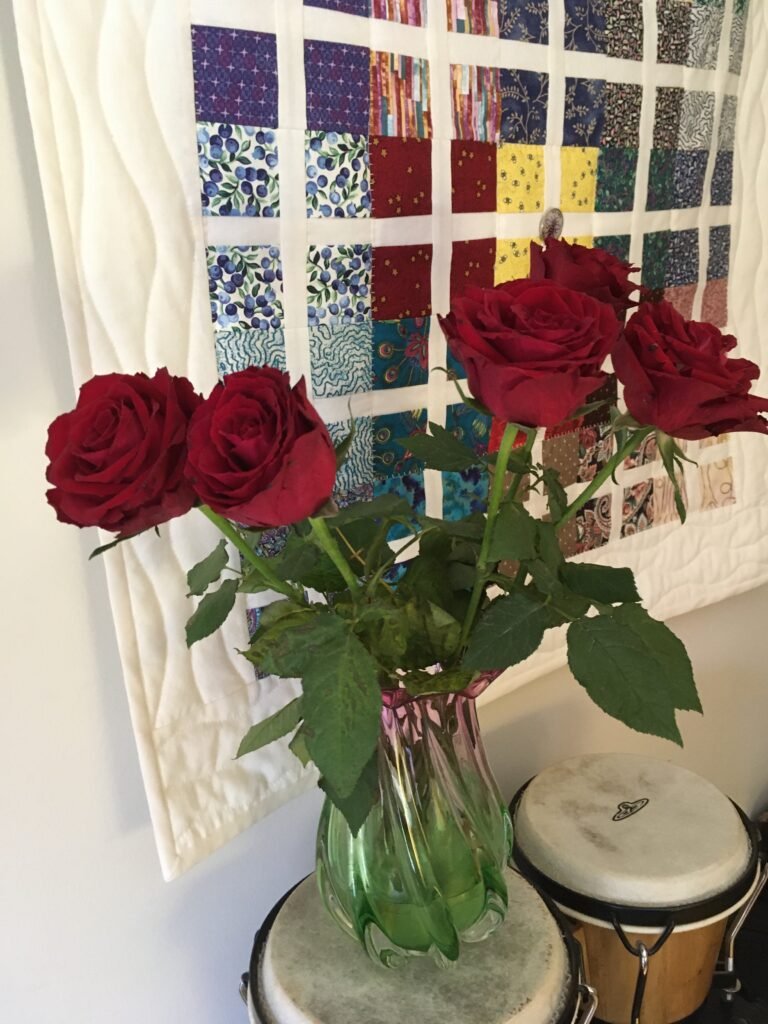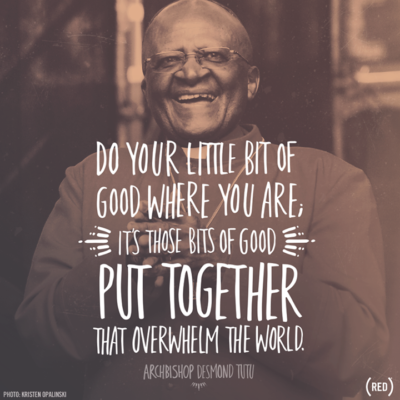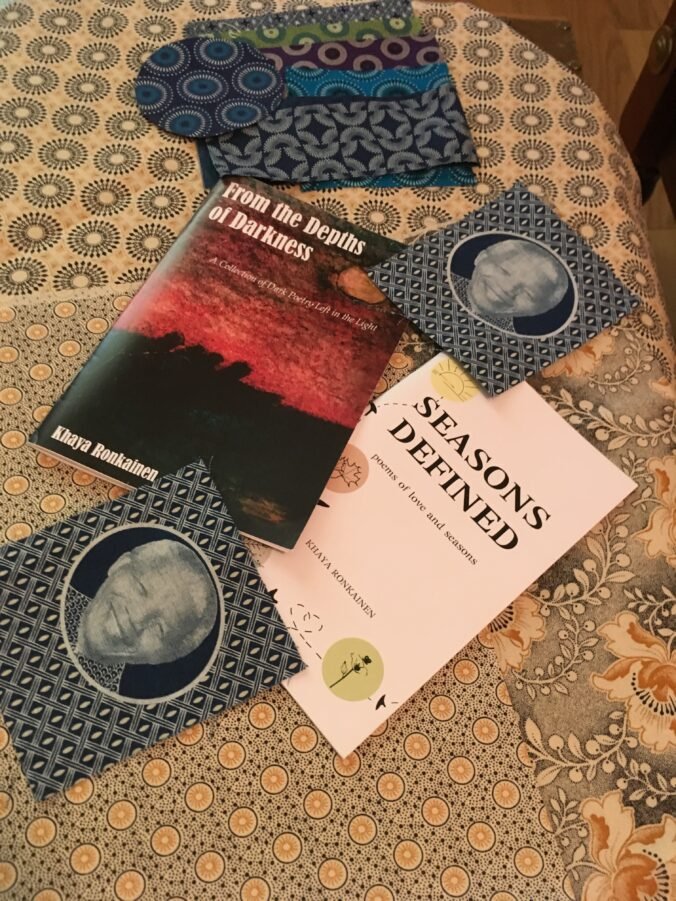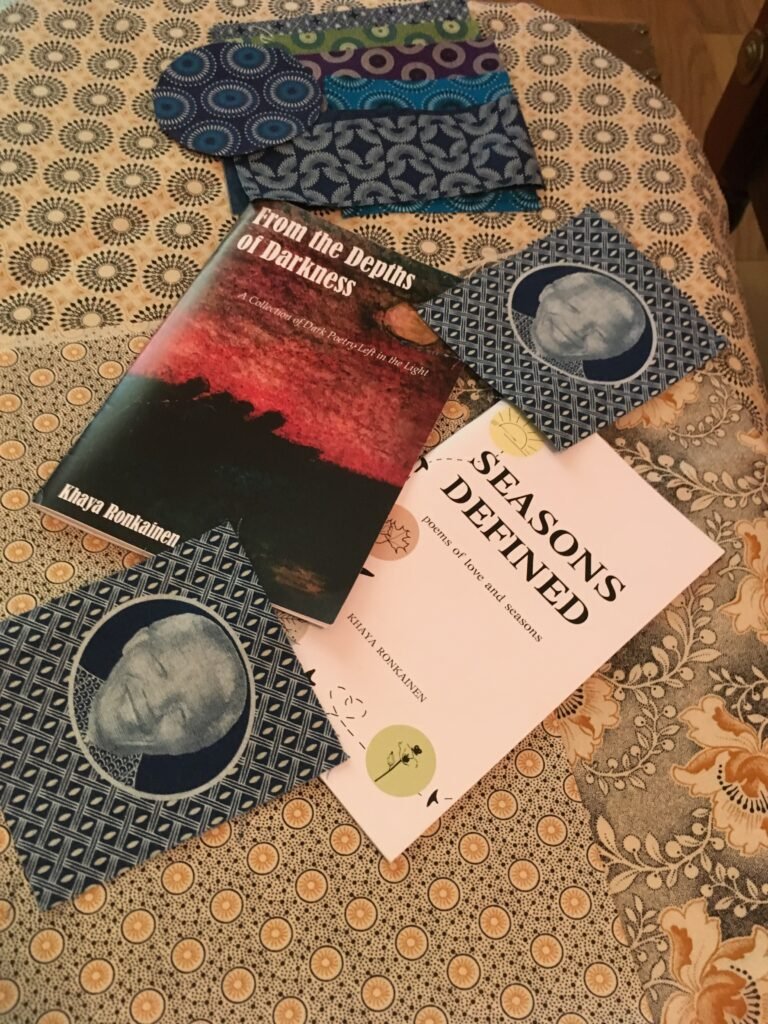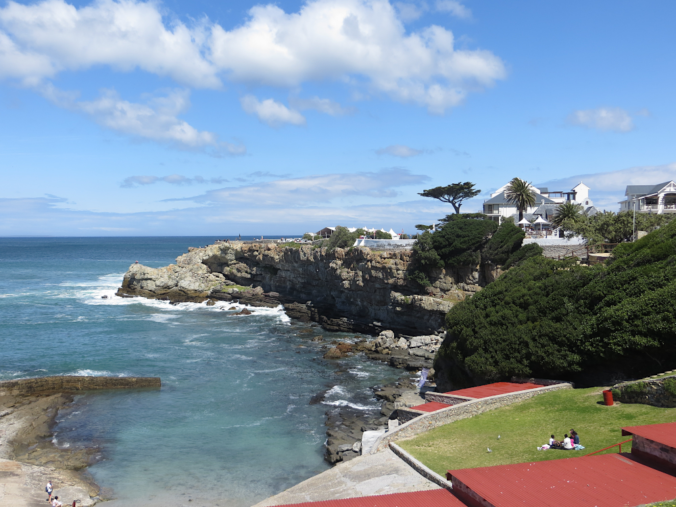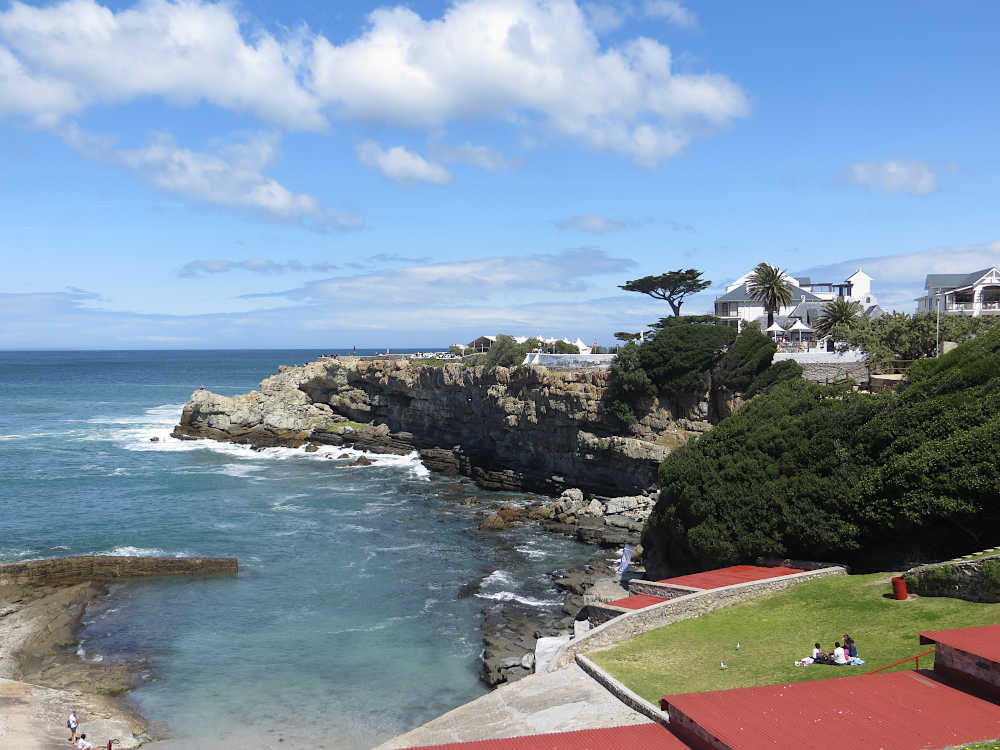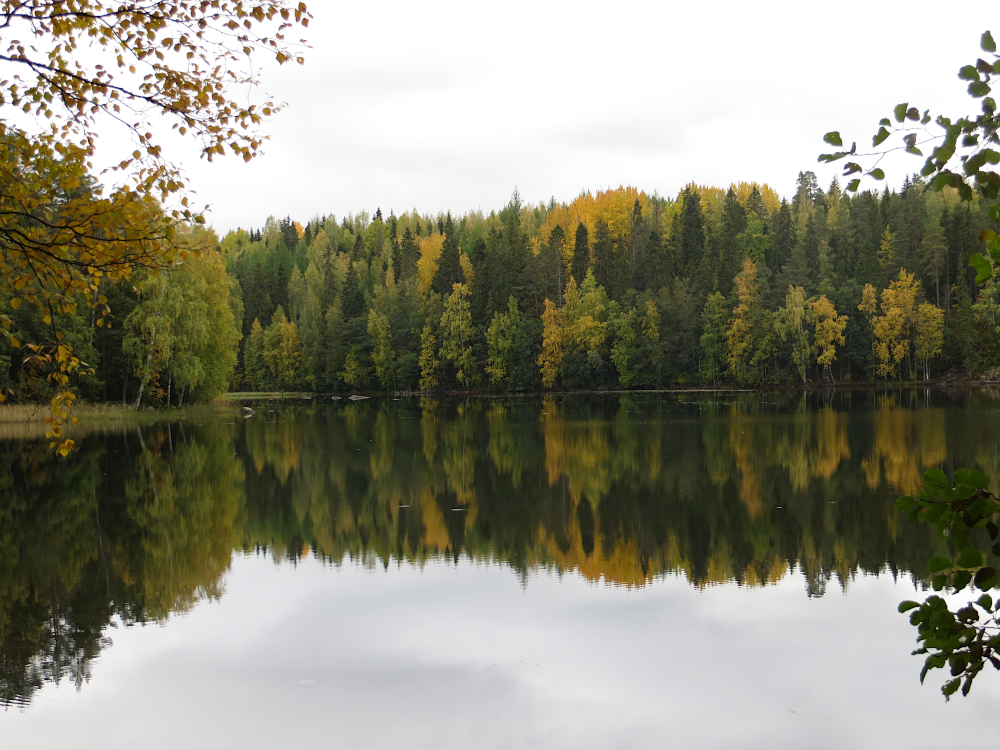Note: I’ve been managing a constant stream of migraine waves since mid-September resulting in controlled silence on my end of various communications – including blogging! As many of you know, doing what needs to be done (work, teaching, just laying low, etc) during those times is challenging and often impossible.
Today I seem to be in a migraine lull hence a blog post to communicate something that I wish to share with you, my readers.
On the cusp of my birthday, which coincided with a No Kings Day event 🙂 , I stumbled on something that ignited my activist/creative self and catapulted it into a sense of possibility.
It’s a sort of ‘No Kings Day’ only for the Arts.
“Fall of Freedom is an urgent call to the arts community to unite in defiance of authoritarian forces sweeping the nation. Our Democracy is under attack. Threats to free expression are rising. Dissent is being criminalized. Institutions and media have been recast as mouthpieces of propaganda.
This Fall, we are activating a nationwide wave of creative resistance. Beginning November 21–22, 2025, galleries, museums, libraries, comedy clubs, theaters, and concert halls across the country will host exhibitions, performances, and public events that channel the urgency of this moment. Fall of Freedom is an open invitation to artists, creators, and communities to take part—and to celebrate the experiences, cultures, and identities that shape the fabric of our nation.
Art matters. Artists are a threat to American fascism.“
from the Fall of freedom website
As I delved deeper into this, I realized: this is a good fit for me. This is something I can do. This is something I want to do. Alone? Perhaps. And if necessary, yes, I’ll do my part as a soloist somehow, somewhere and in my own way. Even if it means just busking my “641” (see below) piece in a random outdoor space or playing it to some of my private students during their lesson. 😉
I’ll figure something out.

Meanwhile, I immediately came up with an idea for a project specific to the theme of Artistic Freedom/Activism. Simply put it’s a spoken word/music piece. I’ll take words from the 641 (word count) federally banned words and phrases list – current as of 10.1.25 – and create sentences, poems, catchy quips, use singular words, etc. which I will speak & intersperse amongst varying lengths of original music snippets.
I’ve begun choosing words and selecting/composing various musical snippets to play around with…it’s since morphed as project ideas do, but that’s my starting point.
This past Monday evening, I attended a ZOOM Fall of Freedom orientation meeting and I am encouraged. It feels good knowing I can speak up for Freedom of Expression/Speech/Etc. in this manner and in an organized event where it could perhaps make an impact.
Additionally, I reached out to a music teacher colleague of mine who is of like mind and excited to collaborate with me on this activist/creative venture in support of Freedom of Expression.
I’m not sure if I can find any local places (I live in a small, underserved* city in the South) that would be open to allowing this event, but I do have a modest list of places I’ll approach in the next few days. My collaborator buddy no doubt has a few of his own to check out where he lives. We may stumble on a group who is actually actively organizing an event and needs participants!
In any case:
I’ll – we’ll – figure something out.
Care to join us?
I’ll keep you posted as this venture evolves & unfolds!
*FYI: just one of the “641” among others used naturally within this blog post


